4 Inspiring Stories of AI Innovators from local to overseas
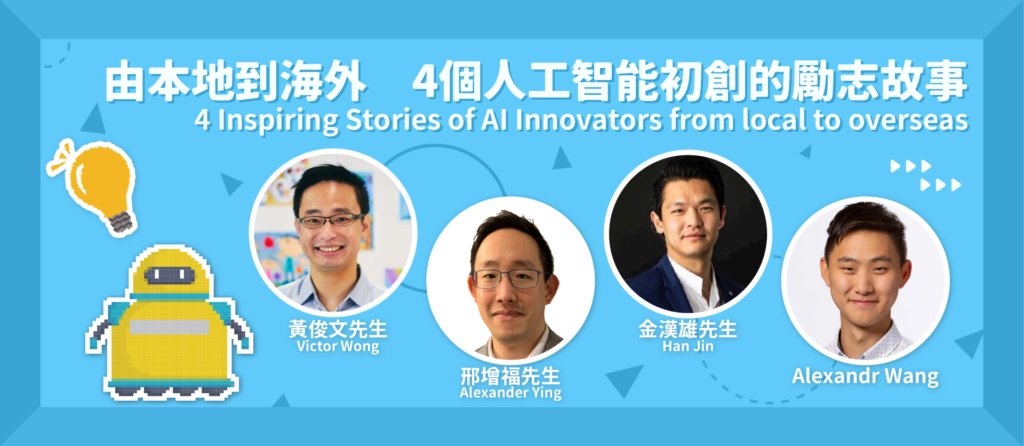
Every success comes with strategic planning and execution. Every successful AI startup founder must have spared no pains to launch their own innovative business. Vision, motivation and determination are all vital to innovative technologies. This article will share insights from exploring stories behind 4 AI startups and their founders from Hong Kong to overseas. Let’s get inspired and imagine how AI can make an impact!
Victor Wong: An educational professional infusing AI to provide a distance-learning system for students with special educational needs (SEN)
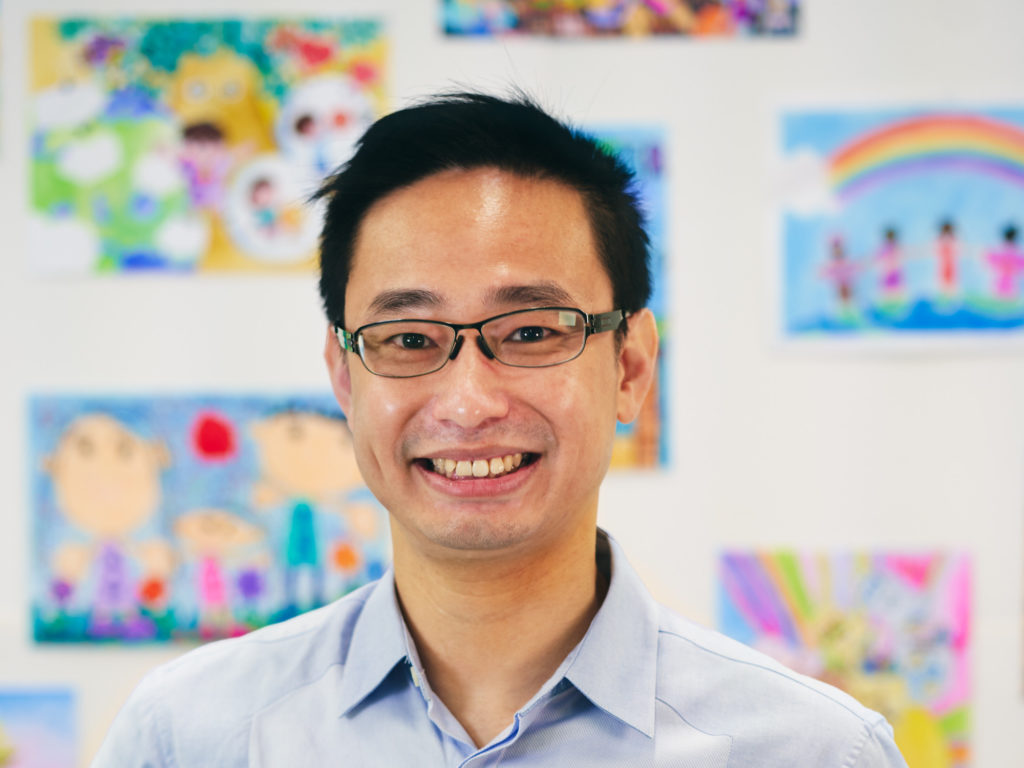
Victor Wong is the founder of Bridge AI in Hong Kong. The company has developed a matching platform called Kinnectus that merges behavioral therapy with technology, to deliver a quality and affordable service for the special educational needs (SEN) community. Their aim is to make Applied Behavioral Analysis more efficient, affordable and approachable for SEN students in Hong Kong.
Through Kinnectus, parents of SEN children can search and book assessments with suitable Chartered Special Needs Tutors (CSNT) at ease. As a result, the monthly spending for SEN services on their kids can be significantly reduced from HKD20,000 to HKD2,000. The application records and builds profiles of the SEN children, including whether they have accomplished tasks, whether they need assistance, and whether they have followed instructions. The AI technology will then analyze the data and adjust the individualized education plans, and finally recommend courses that match the learning needs of the children.
This innovative system earned Victor the title of Champion at JUMPSTARTER IdeaPOP! 2021, organized by the Alibaba Entrepreneurs Fund; Champion and Timely Impact Awardee of Hong Kong Social Enterprise Challenge 2021-22.
Alexander Ying: Delivering next-generation AI fitness services to the general public

Alexander Ying founded the AI fitness company DRESIO in Hong Kong. The company develops mobile applications with camera-based AI, combined with sports science methodologies, to detect fitness poses, classify the skill level of exercise, as well as providing fitness feedback. By simply following the fitness video on the app with the front-facing camera facing the user, the app will determine the user’s skill level, count reps, and provides feedback in between each set of exercises. It would also adjust the intensity level for each exercise program based on the user’s performance to prevent injury and make personal training at home convenient.
No opportunity comes without risk. “We founded DRESIO just a couple of months before the pandemic started. At first, we were not focusing on fitness, but trying to apply vision AI to make interactive internet of things (IoT) technology for the retail industry.” Alexander reflected. COVID-19 changed their business direction and they had proof of concepts of the current application in early 2020.
Han Jin: Providing AI video editing services to businesses
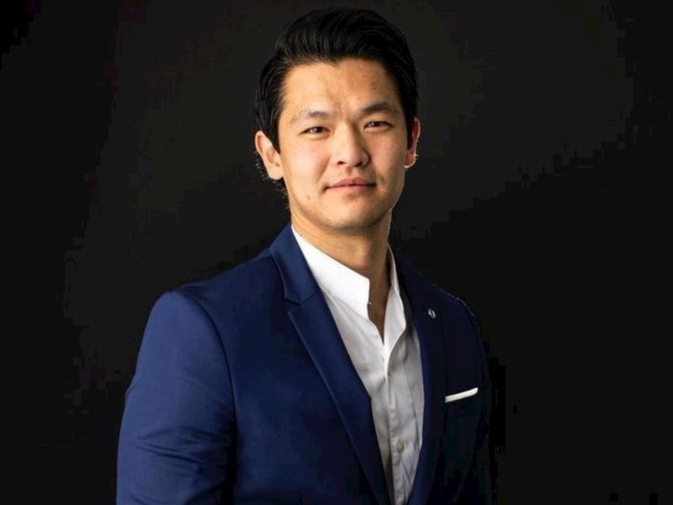
Han Jin is a serial entrepreneur who founded Lucid in Taiwan, an AI vision startup that helps businesses with AI to analyze, understand, and recommend the best video content. Lucid’s AI system can learn to recognize faces, actions, and even speech in videos and recommend content to users based on the topics input. With Lucid’s solution, businesses can quickly receive different editions of a video, which saves their time for manually editing videos.
Social media has a predominant role in marketing for many businesses. Many social media platforms encourage video content. Since videos allow more space to explain products and services compared to text and photos, the demand for video editing has been increasing over the years. “We consume content so fast now we have a content supply and demand mismatch in the market. So, if you’re an influencer or a business who needs to create videos on a regular basis, we can help you save time and cost on manual editing” said Han.
Lucid has over 5 million customers worldwide using their services and products. Its AI also becomes more intelligent as it learns from a huge amount of data every day. The startup is also analyzing the collated data to build better AI solutions that are made specifically for different scenarios and applications. For example, Lucid has trained their AI to make sure it is adaptable and suitable for their manufacturing clients in Taiwan.
Alexandr Wang: Delivering high-quality training data to help companies tag their datasets
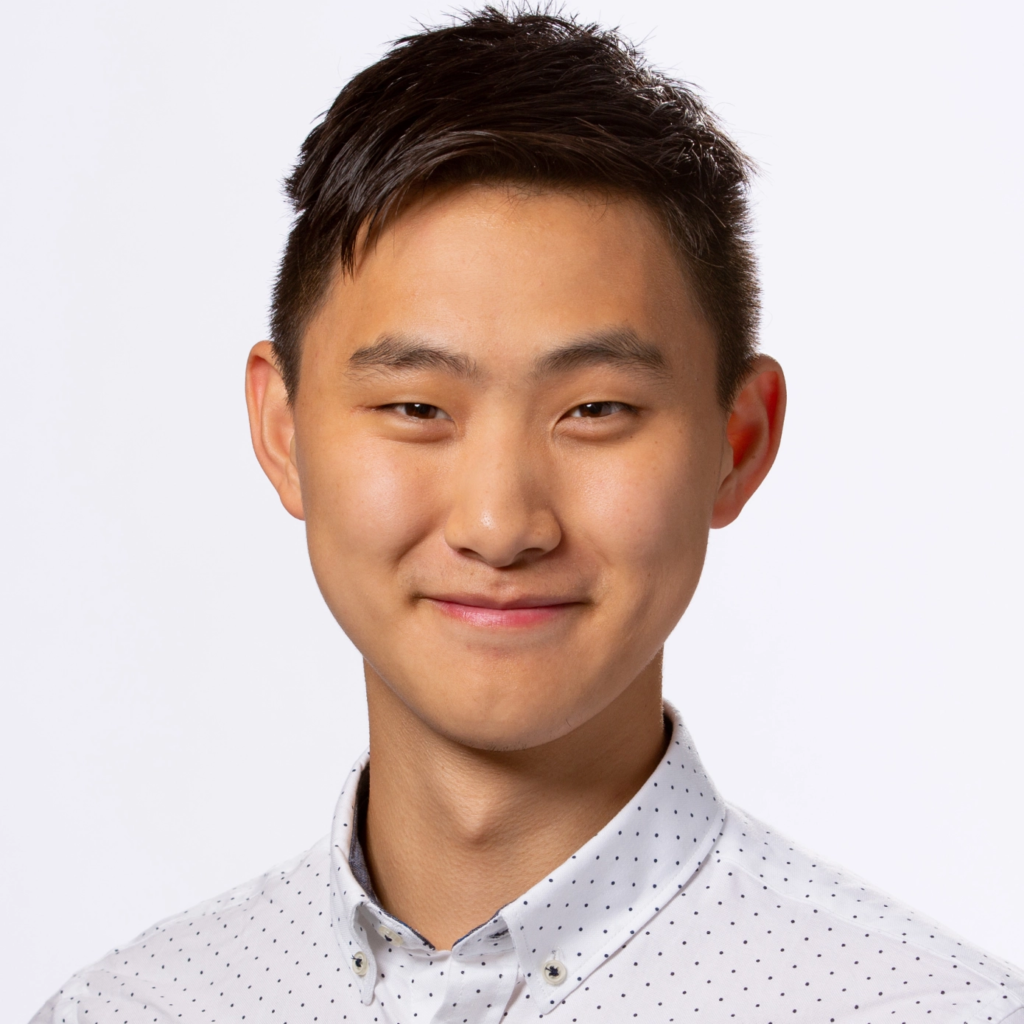
Alexandr Wang founded Scale AI in the US at the age of 19, which focused on providing an API to tag datasets for companies. Their API services support different types of data, including image, video, text, document etc. Take an image as an example, users can call an API to upload an image for Scale AI to analyze in the following aspects:
- Locate and precisely identify objects of various classes.
- Classify images according to their visual contents.
- Identify and extract structured text from images.
Scale AI’s API is also regarded as the “API for human intelligence” as it can analyze abundant data instantly. The company grew quickly and helped Uber, Alphabet, Houzz, and P&G among others.
“As you get older, you’re only going to become more and more risk-averse. If there’s a risk today that you aren’t willing to take, then you might never end up taking that risk.” said Alexandr. He indeed acted as he spoke. After completing his first year at Massachusetts Institute of Technology (MIT), he received investment from a Silicon Valley’s accelerator and dropped out of MIT to start his business.
Conclusion
Startup stories aren’t always sunshine and rainbows. On top of leveraging innovative technology, the solution must be people-oriented and keep up to the market needs. Ever thought of creating social impact with the AI technology by solving a problem you care about? Explore our AI workshops and take the first step to delve into the AI world today!


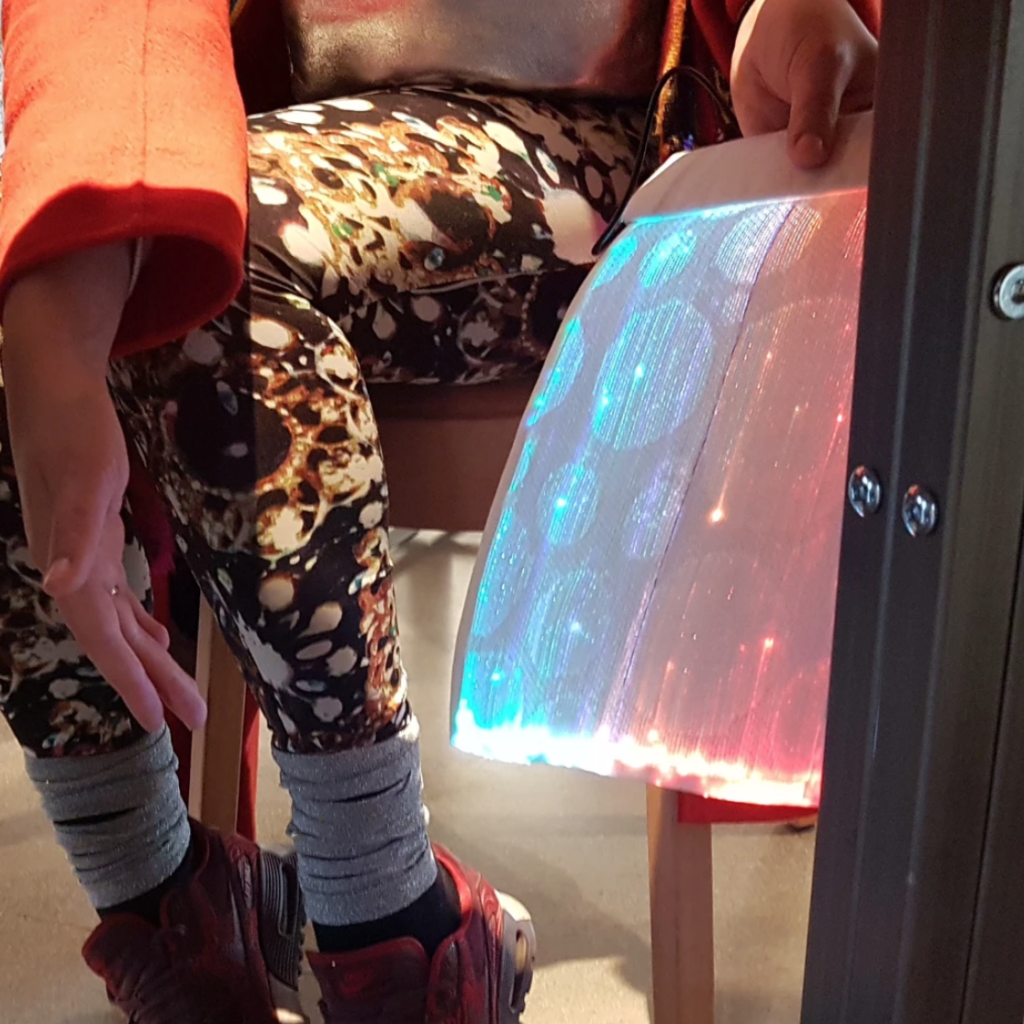




Responses